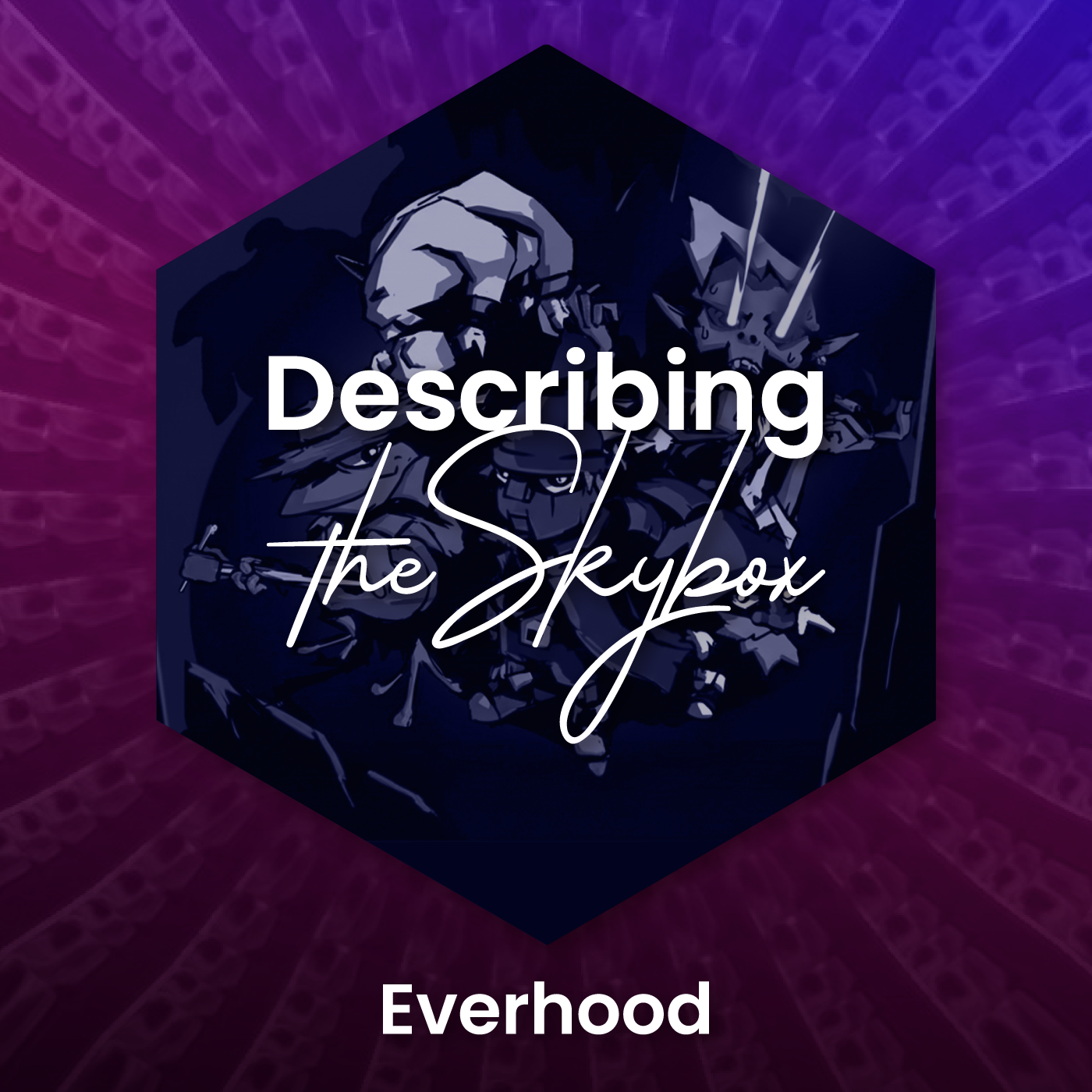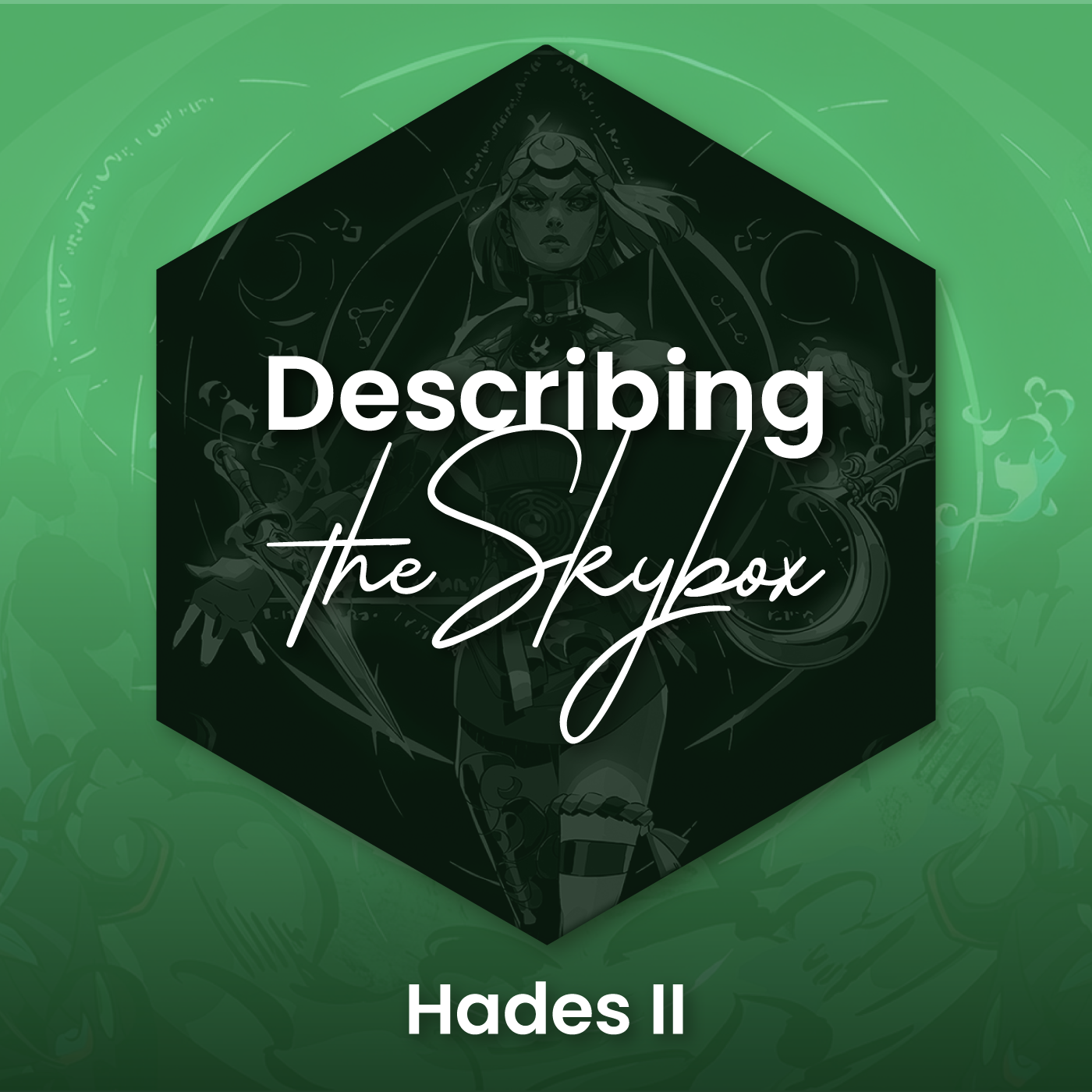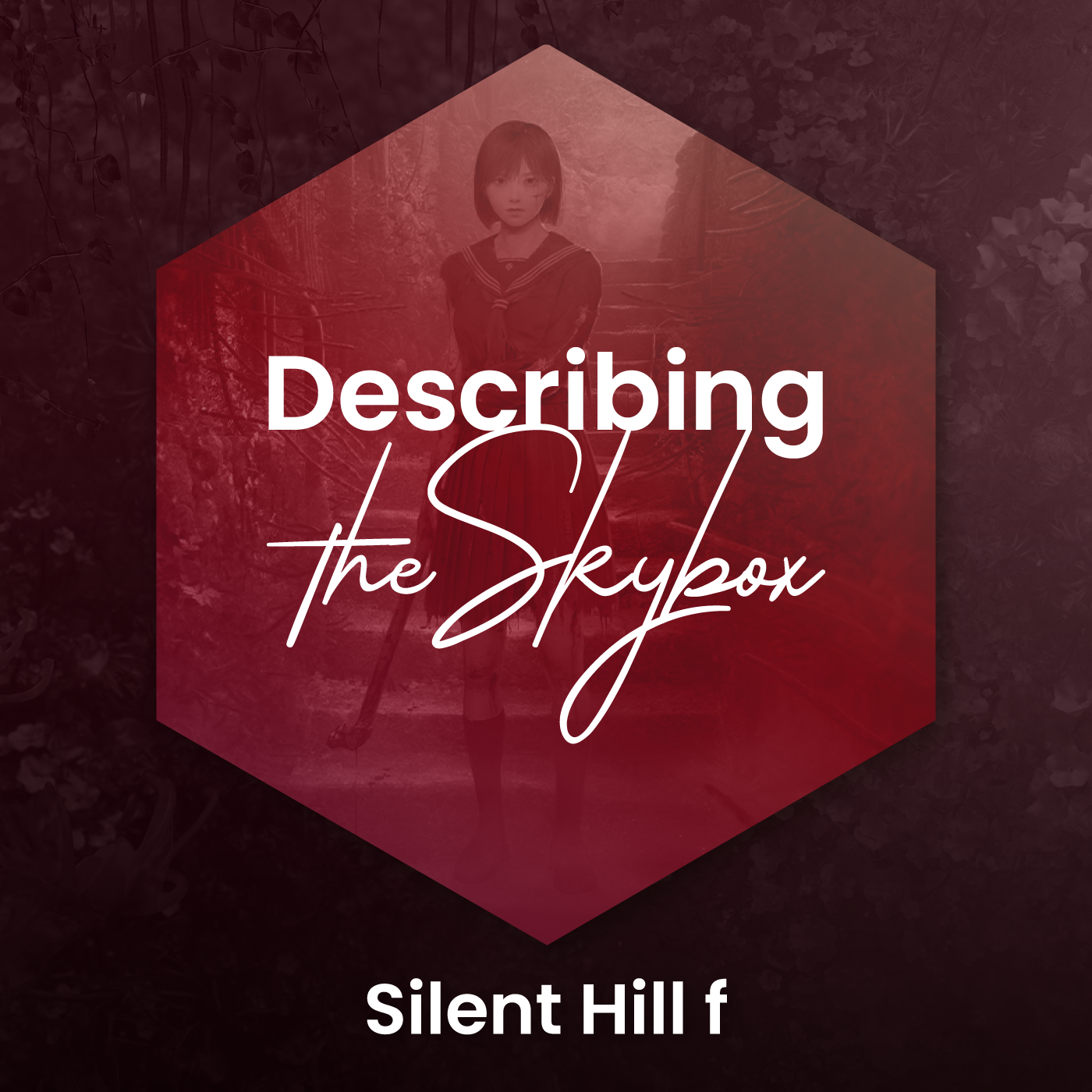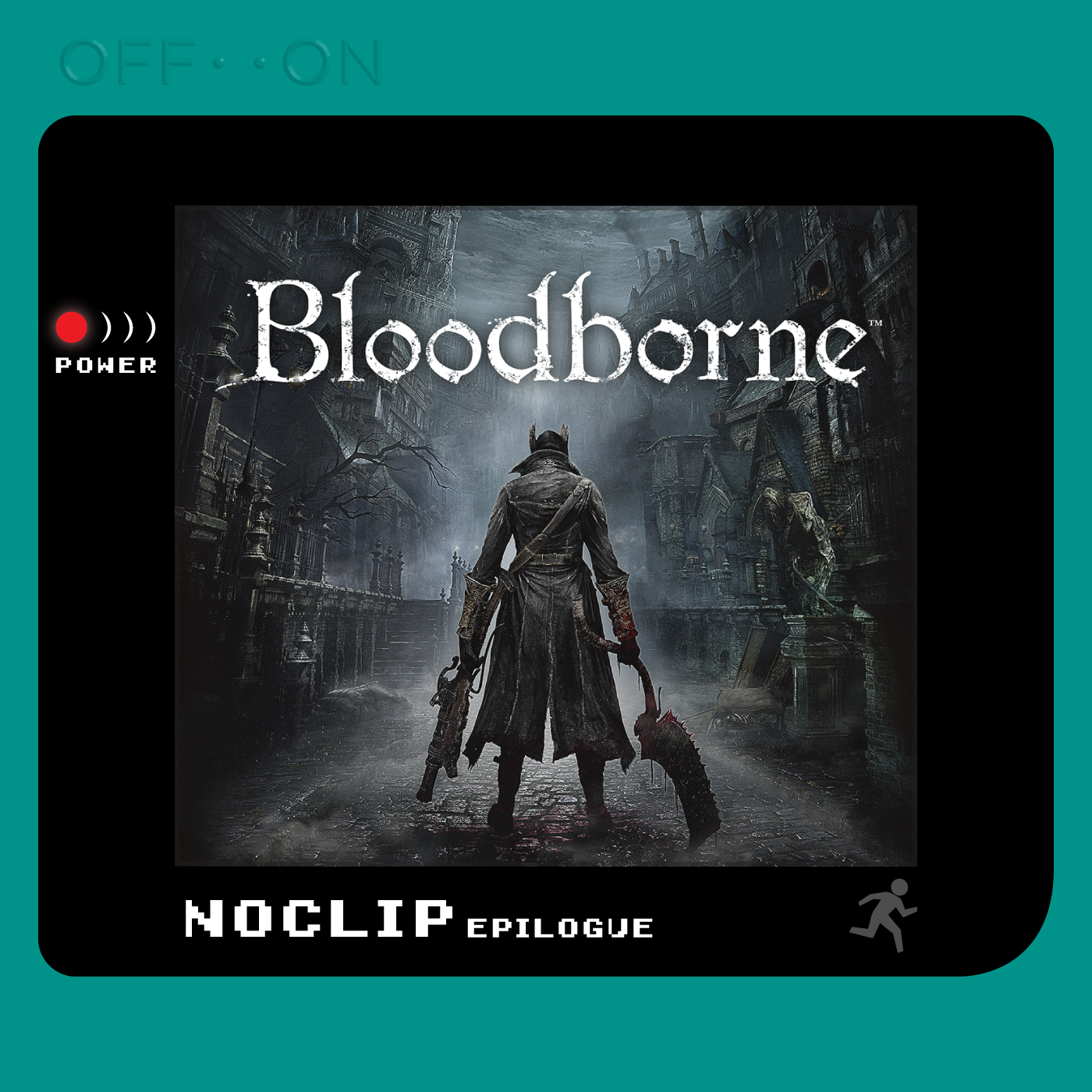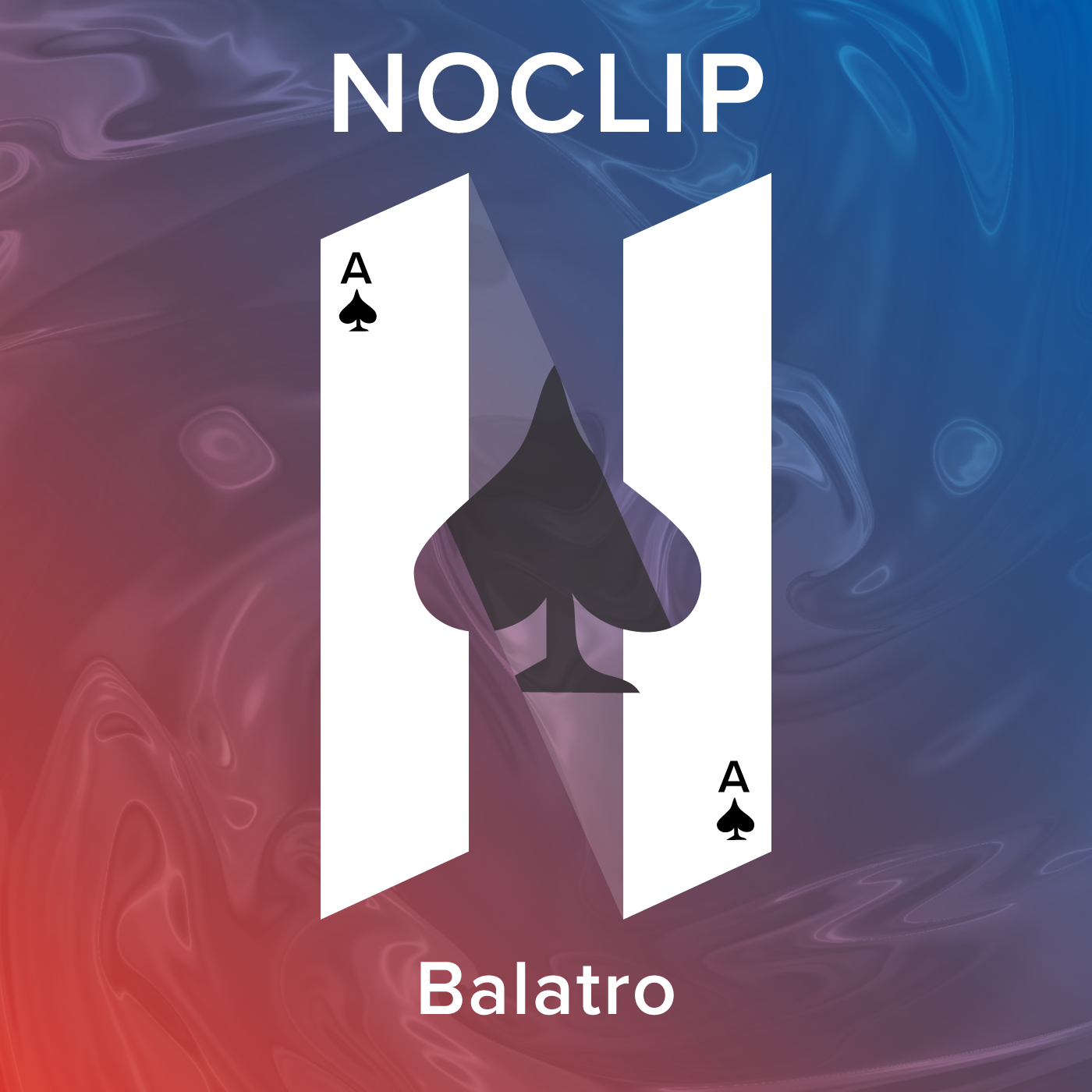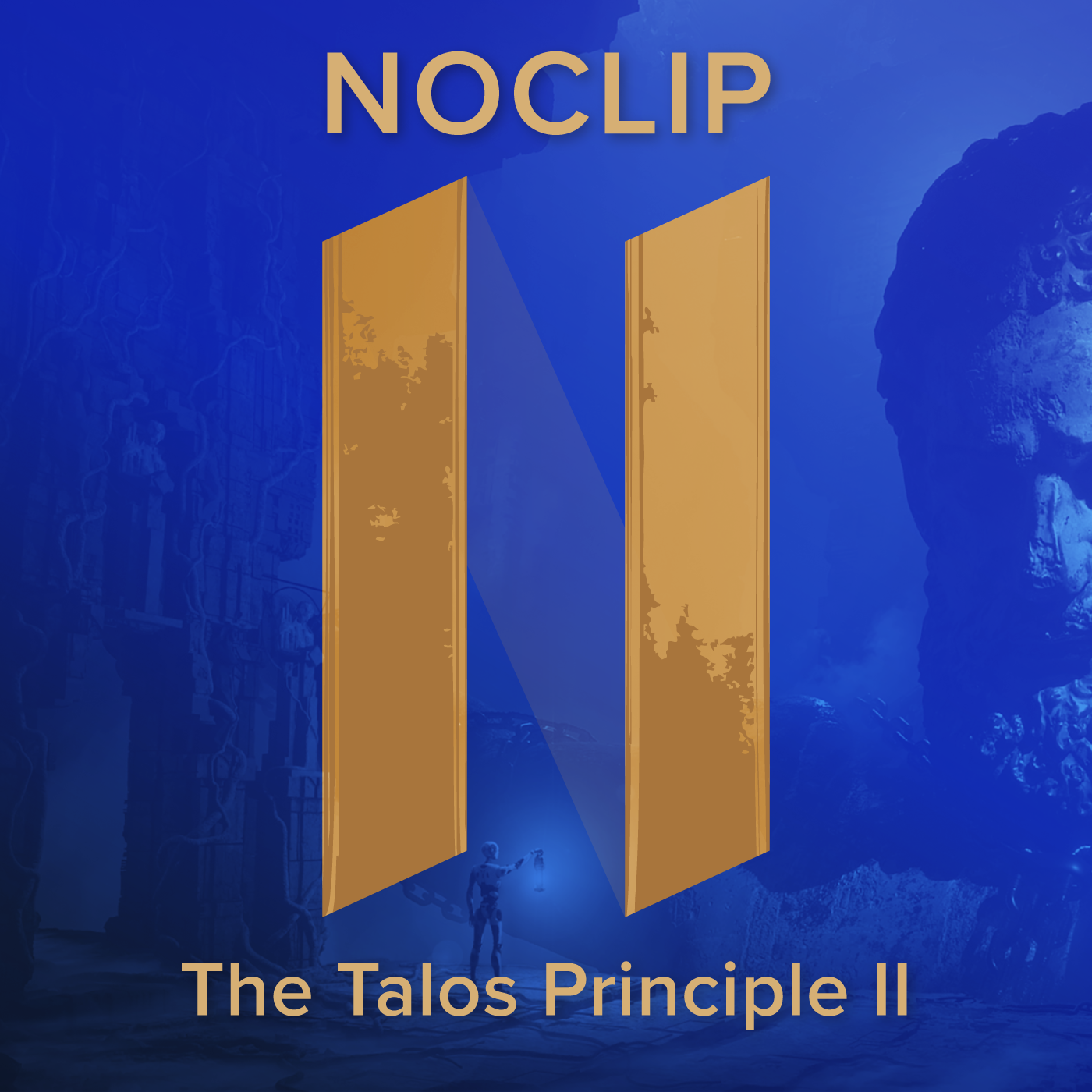There are no podcast truths.
Welcome back to the podcast! Today, we’re talking about Everhood, an indie bullet hell/adventure/rhythm game. Everhood has several notable factors that could be considered a main point of conversation about it. It is surprisingly difficult on its standard difficulty setting and requires some mastery to actually get through it, giving it a similar feel to more arcade style rhythm games. This is notable because one of those other big factors is that this is also an adventure game with a narrative that not-so-subtly calls back to Undertale as an inspiration, with a focus on quirky characters and a heartfelt story centering around choice and violence. There is definitely some demographic overlap for these concepts, but it’s at least a little uncommon to see these facets of a game given equal weight like they are here. These elements don’t clash, in fact they coexist pretty well, but I would argue the storytelling is a better selling point than the mechanical side. The game takes a while to ramp up, and the difficulty getting there is going to cause some friction for some players. We’re going to be talking about how the game feels to play and how it is less “rhythm game-y” than we had anticipated, which characters we liked and which we felt could have used some more development, and we somehow manage to fit in a reference to the Moonlight Great Sword.
Thank you for joining us again this week! This is our last episode of the year, which means that we have a couple events coming up soon! First, and what will be our next upload, we’re going to be doing our annual awards show. With the name change, we’ve decided to rename the awards to “The Scribies.” Only time will tell if we stick with that one. After that, we’re going to be approaching Fanbruary, so let us know your suggestions for games you’d like us to play over on our Discord, in the comments on YouTube, or through any other means available to you to contact us. We hope to hear from you and we hope you’ll enjoy the upcoming episodes!


